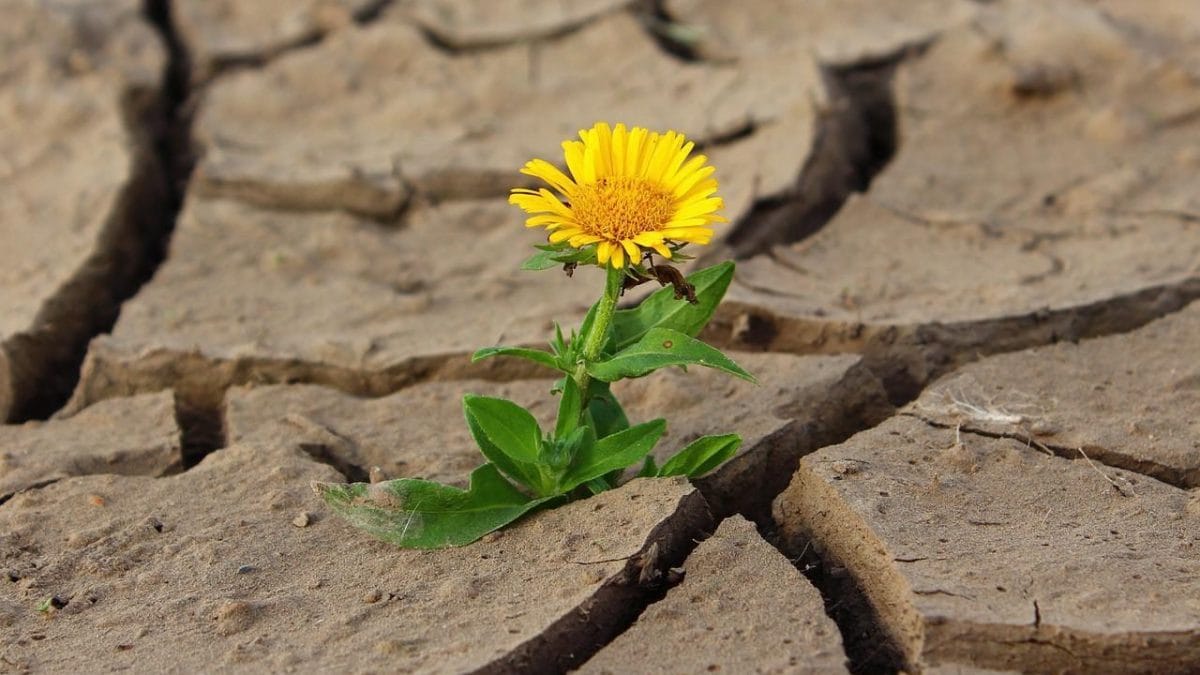Appeal for the climate, what is written in the scientists’ letter to Italian politics
The parties are strongly asked to put the climate crisis at the center of electoral programs and to urgently implement actions that make our territories more resilient to extreme events.
Reduce our greenhouse gas emissions by decarbonizing and accelerating the path to “a true energy and ecological transition” through solutions that are “well-founded, practicable and effective”.
These are, in short, the actions that climate scientists are strongly requesting from Italian political parties, which are urged, with the approach to the elections on September 25th, to concretely pose the problem of the climate crisis at the top of the political agenda.
The appeal, contained in an open letter on Change.org, has already passed the impressive milestone of 100,000 signatures in less than a week, mirroring an Italy that, although distracted by holidays by the sea or in the mountains, does not lose sight of given the importance of acting urgently.
And so, under the names of the first five scientists signing - the director of the Institute of Polar Sciences Carlo Barbante, the vice-president of the Working Group III of the IPCC Carlo Carraro, the president of the Central Euro-Mediterranean Foundation on Climate Change Antonio Navarra, the climate scientist Antonello Pasini, the president of the Italian Society for the climate Riccardo Valentini - there is a very long list of ordinary citizens who care the problem of the climate crisis, so much to sign the petition and decide to share it so that it has the greatest possible circulation.
Certainly, the adhesions of a large part of the scientific community, movements, and associations, such as WWF and Legambiente, but also personalities from culture, music, cinema, sport, and politics have done a lot. But what is written in the climate appeal? And what contribution are scientists ready to provide?
The petition on Change.org
“Climate science - reads the open letter - has long shown us that Italy, inserted in the context of a climatic hot spot like the Mediterranean is more affected than other areas of the world by recent climatic changes of anthropogenic origin and their effects, not only on the territory and ecosystems but also on man and society, about his well-being, safety, health and to its productive activities.
Excessive warming, very strong disturbances to the water cycle, and other weather-climatic phenomena impact fragile territories and create damage at various levels, strongly and negatively influencing economic activities and social life as well. Established estimates show how in the future advancing climate change it will significantly reduce economic development and cause significant damage to cities, businesses, agricultural production, infrastructures ”.
The risks of climate change
“For one degree of global warming more than the present, for example, there will be on average on a global scale a 100% increase in the frequency of heat waves and between 30 and 40% increase in the frequency of floods and droughts with a consequent decrease in welfare and gross domestic product.
In the Mediterranean and Italy, then, the situation could be even more critical, for example, there is already clear evidence of increases in heat waves and droughts, the retreat of alpine glaciers, increases in marine heat waves, and, in part, an increase in extreme precipitation events ".
The appeal to Italian politics
“In this context, it seems urgent to put this problem at the top of the political agenda. And today, the approach to the next elections becomes an opportunity to do so concretely. We therefore strongly urge political parties to consider the fight against the climate crisis as the necessary basis for achieving equitable and sustainable development in the years to come; this fact is now essential if they want to propose their future vision of society with the possibility of success.
In particular, in the current situation, it appears urgent to implement adaptation actions that make us and our territories more resilient to heat waves, droughts, extreme precipitation events, sea level rise, and abrupt phenomena of various kinds; actions that do not follow an emergency logic but of planning and structural programming ".
"Due to the inertia of the climate, the phenomena we see today will also be inevitable in the future, and therefore we must manage them with the safety of the territories and production activities, investing decisively and quickly the resources available from the PNRR. At the same time, we must also ensure that the situation does not worsen further and becomes virtually unmanageable, as it would be in the worst climate scenarios. For this we must push hard on the reduction of our greenhouse gas emissions decarbonizing and circulating our economy, accelerating the path towards true energy and ecological transition ”.
The support of scientists
“As climate scientists - the researchers conclude - we are ready to make our contribution to develop concrete solutions and actions that are scientifically based, practicable and effective, but we strongly urge politics to consider the climate crisis as a priority problem to be addressed, because it undermines our entire future. We, therefore, hope for the elaboration of in-depth political programs on these issues and prompt action by the next government to fight the climate crisis and its impacts "



